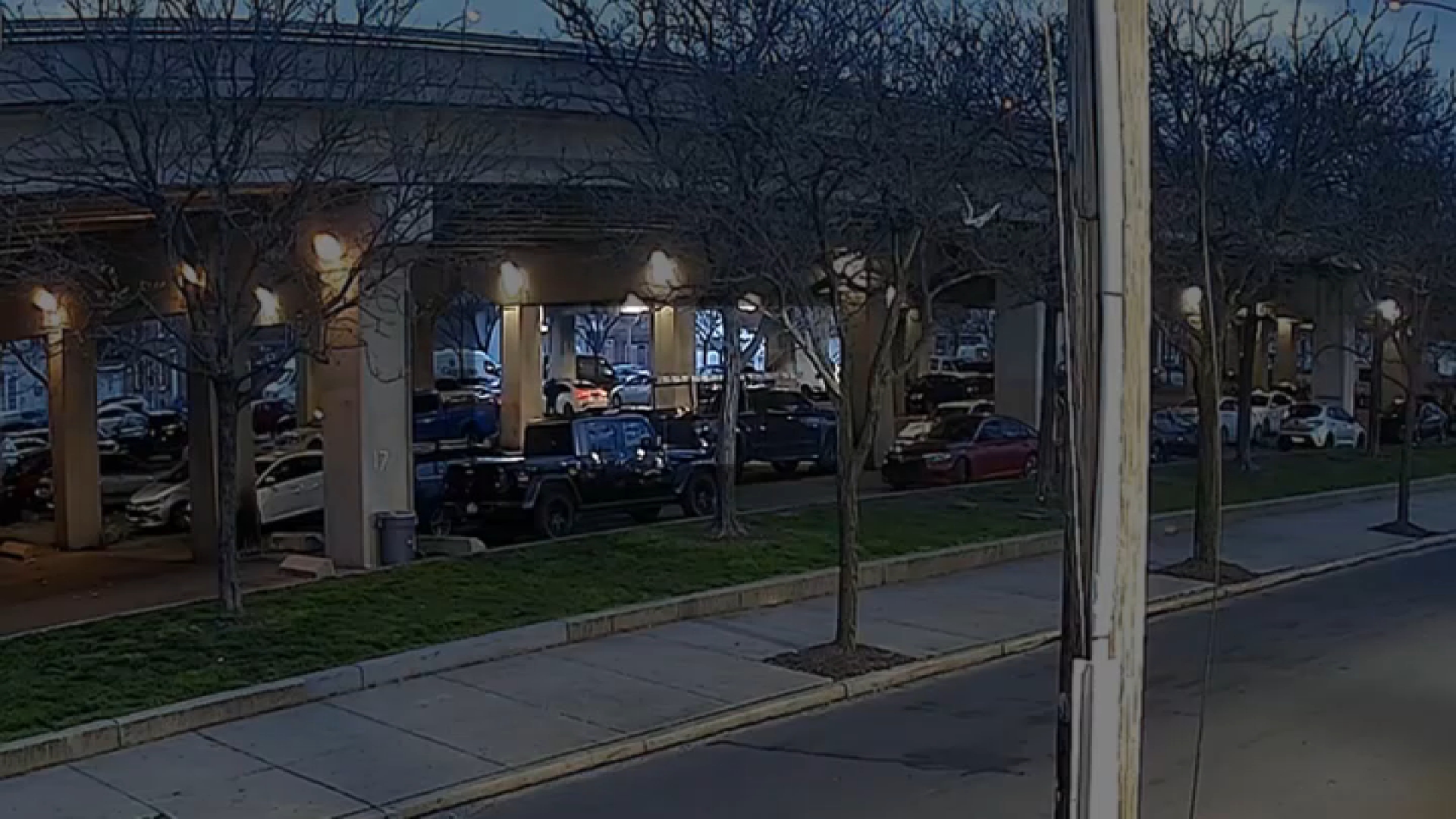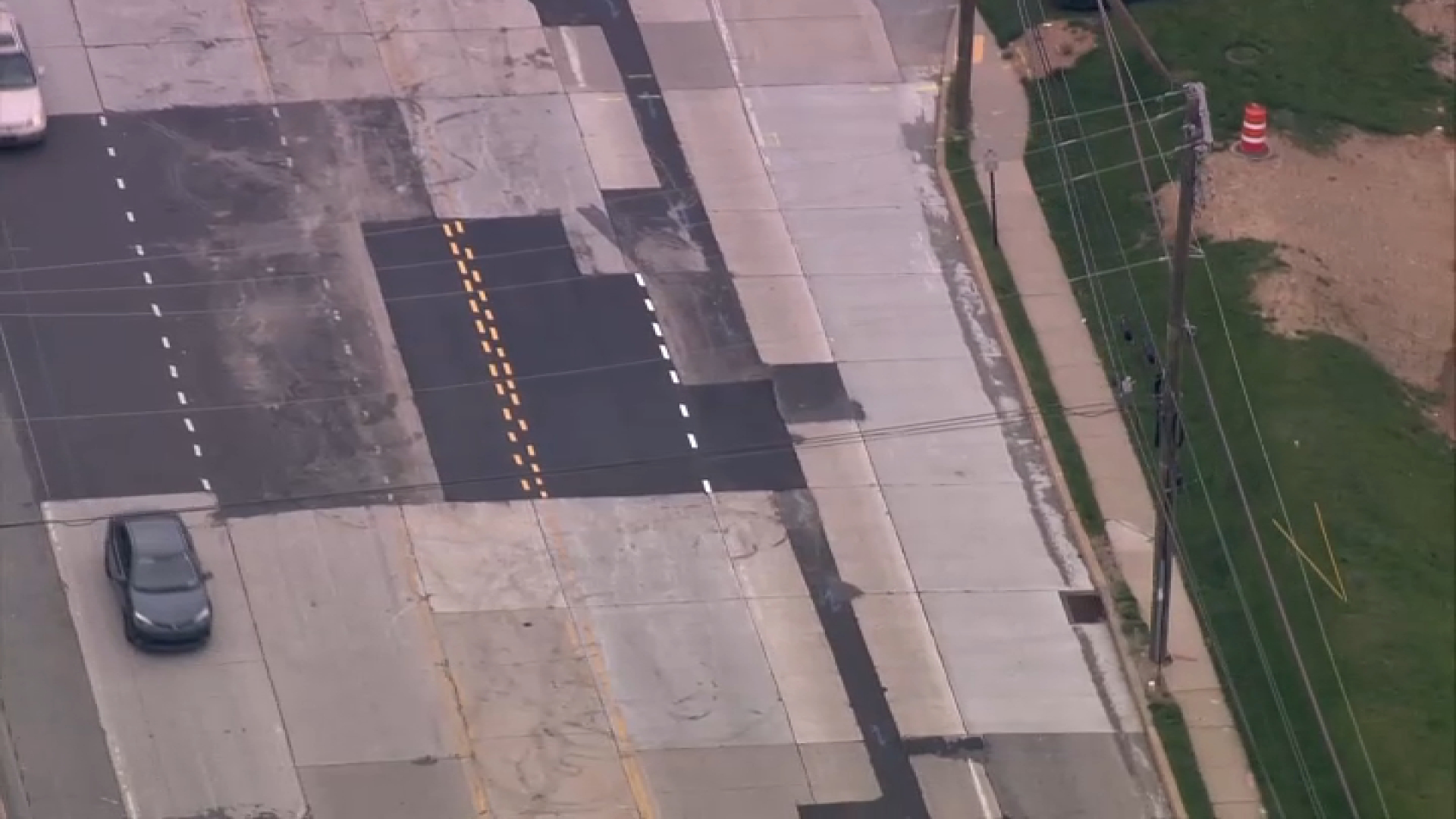An eighth day of deliberations and still no verdicts in the priest-abuse trial.
The jury was back to work Thursday, after a day off, at they decide the fates of two priests accused in a landmark case but while jurors deliberated, the lawyer for a priest accused of sexually abusing a boy argued for a mistrial.
James Brennan’s lawyer, William Brennan, who has no relation to his client, argued Thursday morning for a mistrial since Common Pleas Judge M. Teresa Sarmina allowed jurors to hear the priest's accuser's testimony from a 2008 church trial during deliberations Tuesday even though the evidence wasn’t entered during the current trial.
The judge shot down Brennan’s mistrial request. Sarmina also declined a suggestion from lawyers to ask about the status of the deliberations. And she denied the jury's request to rehear key testimony that had stretched over several trial days, including that of Brennan's accuser in early April.
“You are going to have to rely on your memory,” Sarmina said.
The 30-year-old man accused Brennan of molesting him when he was 14, during an overnight stay at the priest's apartment in 1996.
Brennan admitted at his canonical trial that he slept with the teen, wrestled with him, watched porn and discussed masturbation, but denied any sexual contact.
Local
Breaking news and the stories that matter to your neighborhood.
Brennan, 48, is on trial with Monsignor William Lynn, the former secretary for clergy in the Philadelphia archdiocese. Lynn, 61, is the first U.S. church official charged over his handling of sex-abuse complaints.
Speculation that the jury had perhaps finished with one defendant was muted this week by questions involving both Lynn and Brennan.
On Thursday, the panel asked for documents related to Lynn's handling of a complaint against the Rev. Thomas J. Wisniewski in July 1992.
Wisniewski is one of the approximately 20 priest files that were aired at length to show Lynn's pattern of behavior, but are not directly linked to the charges. All but four of the 40 trial days involved that collateral evidence, according to Lynn's lawyers.
The jury also has asked to revisit most of the direct evidence involving the two accusers: Brennan's alleged victim and a man who was sexually assaulted by defrocked priest Edward Avery in 1999. Avery pleaded guilty to the charge before trial.
Lynn is accused of endangering both of those young men, and of conspiring with others to do so.
The Wisniewski complaint came in just weeks after Lynn took office.
A woman told Lynn that Wisniewski had had a three-year relationship with her ex-boyfriend, starting when he was a Cardinal O'Hara High School student. A priest confidante of the alleged victim accompanied her to the meeting. They said the man might be willing to share his story, and raised concerns there may be other victims, according to a 2005 grand jury report.
Wisniewski admitted the allegation, the report said. He was sent for treatment at a church-run hospital, then returned to ministry with little supervision, the grand jury found. Lynn never tried to talk to the accuser or look for other potential victims. Lynn has testified that therapists discouraged the practice.
Cardinal Anthony Bevilacqua, who died in January, kept tabs on the situation, and approved the later assignment, the report said.
Wisniewski remains a priest but had his ministry restricted to a life of prayer and penance in 2004, after U.S. bishops agreed to a “zero tolerance” policy for credibly accused priests. A phone number for him could not be found Thursday.
Things got heated Tuesday as William Brennan showed his displeasure with the judge’s decision to allow testimony from the previous church trial.
“They have to do their jobs,” insisted William Brennan. “They have to rely on their recollections. We can't do their jobs.”
As he left court William Brennan slammed his cell phone into a wall in the hallway.
The trial began March 26. The jury of seven men and five women appeared attentive during the 10 weeks of testimony, and began deliberations June 1.



